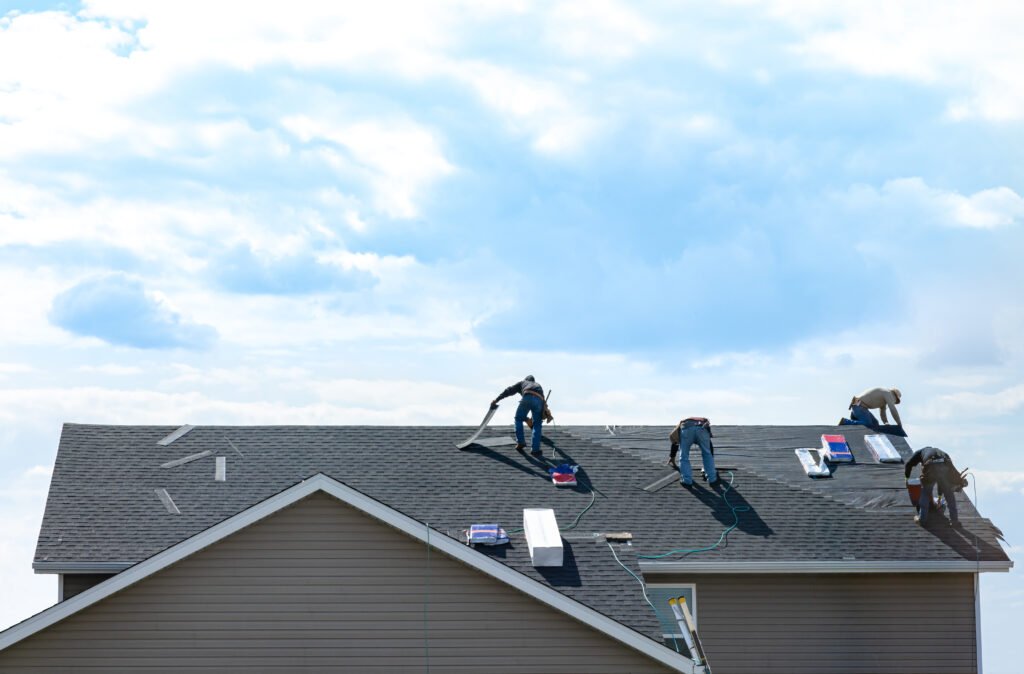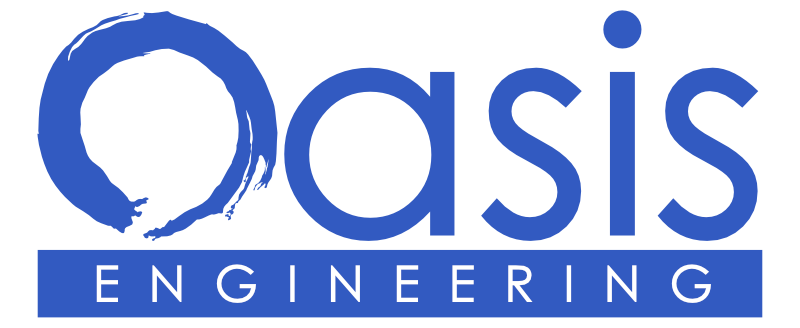If you’re planning or already involved in a residential construction project in Lee County, understanding the types of inspections that are required is critical. These inspections are designed to ensure that your project complies with local building codes and regulations. If navigating the complex web of inspections has you feeling overwhelmed, you’re not alone. Whether you’ve missed an inspection deadline, require on-the-spot field adjustments, engineer letters, or need engineering approvals for modifications, our expert team is here to help guide you through every step of the process.

Let’s break down the various types of inspections, their codes, and when they should be scheduled.
Structural Inspections
101 Foundation/Footing
This inspection ensures that the foundation meets building code requirements and is usually the first inspection you’ll need after pouring the foundation.
102 Floor/Slab
Performed after the floor or slab has been poured, this inspection verifies that it meets the required specifications.
103 Tie Beam
This inspection is performed during the framing stage to assess the structural stability.
104 Column/Piling
Scheduled after the columns and pilings have been installed, this ensures they meet structural requirements.
105 Rough Framing
Takes place after the skeletal framework is built and ensures structural integrity.
106 Final Structural
This inspection is scheduled when all structural works are complete and ensures the whole structure meets code.
107 Insulation
Checks that your insulation material and its installation meet the required standards.
110 Soffit/Siding/Wall Covering
Ensures exterior wall coverings are properly installed.
125 Shutter Final
Performed after the installation of storm shutters to ensure they meet county regulations.
130 Sheathing/Straps/Engineering
Checks that the sheathing, straps, and other engineering components meet standards.
140 Drainage/Grading Inspection
Confirms that the site is graded correctly for proper drainage.
903 Fire Wall/Tenant Separation
Verifies that firewalls are correctly installed between different sections or tenants of a building.
Plumbing Inspections
201 Rough Plumbing (D.W.V.)
Assesses the drainage, waste, and vent pipes before walls are sealed.
202 2nd Plumbing (Tub Set)
Verifies proper tub set installation.
203 Sewer
Checks the sewer system for code compliance.
204 Final Plumbing
The last inspection in the plumbing sequence, conducted after all plumbing work is completed.
207 Solar
Ensures solar plumbing installations are up to code.
LP & Natural Gas Inspections
205 Rough Gas
Checks the gas lines before they are concealed.
206 Final Gas
Final check for all gas line installations.
208 Gas Line
Verifies additional or modified gas lines.
209 Gas Tank
Ensures gas storage tanks are correctly installed.
Electrical Inspections
301 Temporary Pole
Checks the temporary power sources before any major electrical work begins.
302 Temporary Underground (RES TUG)
Inspects underground power sources.
303 Service Change
Ensures that electrical service changes meet the proper requirements.
304 Rough Electrical
Assesses wiring and components before the walls are closed.
305 Electrical Final
Final inspection to verify all electrical installations meet code.
306 Temp/Perm Power (Commercial)
Inspection for temporary or permanent power in commercial setups.
308 House Meter Only (Commercial)
Exclusive to commercial properties, this inspection verifies the house meter installation.
310 Temp Overhead (RES TOH)
Checks temporary overhead power sources in residential settings.
Mechanical Inspections
401 Rough A/C
Scheduled before A/C systems are sealed.
402 A/C Final
Final inspection for all A/C installations.
403 Refrigeration
Verifies correct installation of refrigeration systems.
404 Hood
Confirms that hoods are correctly installed in accordance with code requirements.
Roofing Inspections
501 Roof Dry In
Inspection to verify that the roof is dry before proceeding.
502 Roof In Process (concrete tile)
Ensures that concrete tiles are properly laid.
503 Roof Final
The final inspection for roofing, can now be conducted virtually for certain projects.
MH/RV/Construction Trailer Inspections
113 Tie Down
Ensures that mobile homes, RVs, and construction trailers are securely anchored.
Pool/Fountain Inspections
101 Pool Retaining Wall
Checks the structural integrity of pool retaining walls.
108 Pool Steel
Verifies that the steel framework of the pool is sound.
109 Pool Deck
Checks the installation of pool decks.
119 Pool Final
Final inspection to ensure all pool components meet code.
304 Rough Electrical Bonding
Verifies electrical bonding for pools and fountains.
Other Inspections
112 Aluminum Final
Covers screen rooms, enclosures, and similar structures.
115 Awning Final
Inspects installed awnings for code compliance.
116 Demolition Final
Final check post-demolition to ensure safety.
117 Shed Final
Verifies that sheds are built to code.
118 Marine Final
Includes inspections for seawalls, docks, rip rap, etc.
120 Fence Final
Final inspection for all fencing projects.
121 Sign Final
Inspects signage for compliance with local codes.
Fire Inspections
902 Fire Final
Covers sprinklers, paint booths, suppression systems, alarms, and monitoring.
906 Rough Fire
Initial inspection for fire safety systems. Fire inspections usually require a two-step process involving both the county and local fire departments.
Virtual 503 Final Roof Inspections
The Lee County Building Department now offers an option for virtual final roof (503) inspections for hurricane-related re-roof permits only. This process expedites the completion of your 503 final roof inspection.

RESIDENTIAL FINAL 503 VIRTUAL ROOFING INSPECTION FORM – for more information, please refer to the Lee County website.
Conclusion
Properly scheduling and passing these inspections is crucial for the success and legality of your residential project. Remember, some inspections like the virtual 503 final roof inspections are available online, providing a convenient alternative to traditional methods. If you have any issues during the inspection process, like missed inspections or require help with field adjustments, changes and modifications that require engineer approvals, engineer analysis or engineer letters, feel free to contact us!
For more information or to schedule an inspection, you can contact the Lee County Building Department. Your project’s safety and compliance depend on these essential inspections, so don’t skip them!

